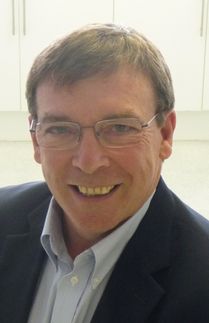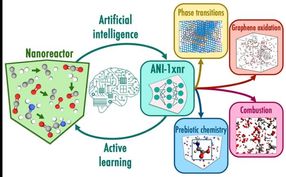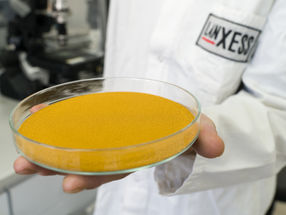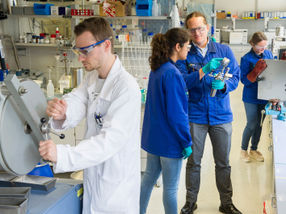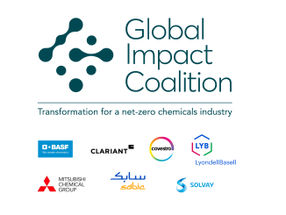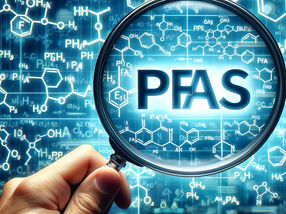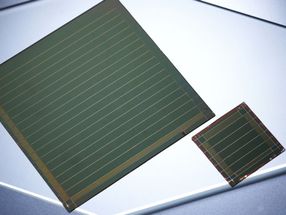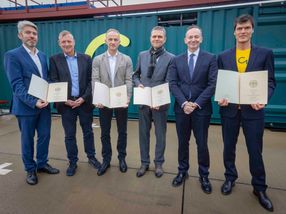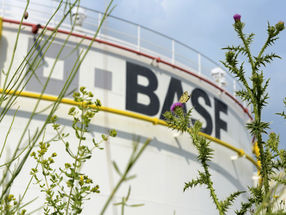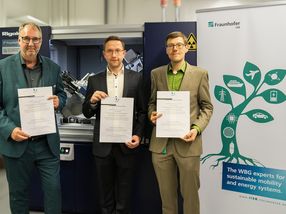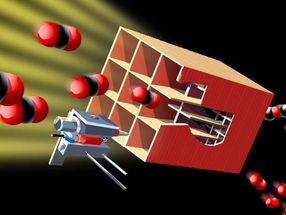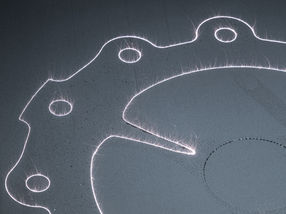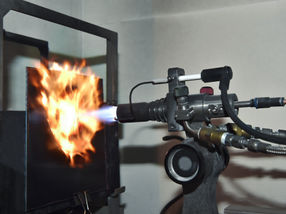New Fluka and Riedel-de Haën Catalog Features Over 1,500 New Products
Fluka and Riedel-de Haën, two well-recognized European brands of Sigma-Aldrich Corporation, have announced the release of their 2003/2004 scientific research catalog featuring over 25,000 products including 1,500 new additions for analytical, organic/synthetic and bio/bio-analytical chemistry. This special edition is for European and European export countries only and was recently distributed to thousands of European customers. The highlights of this catalog include:
More than 1,500 new products in the fields of:
* analytical chemistry, e.g. standards and reference materials, derivatization and titration reagents, quick tests for water analysis
* organic chemistry, e.g. ionic liquids, peptide synthesis, green chemistry, enzymes for organic synthesis
* bio-analytical chemistry, e.g. protein identification and characterization, fluorescent probes, microbiology
Harmonized new quality grade system: Fluka and Riedel-de Haën now use the same terminology to characterize their superior product quality.
Product Groups Added to Facilitate Use: Listings by product groups in addition to alphabetical product listing have been extended, e.g. standards, reference materials, microbiology, microscopy, fluorescent probes.
Most read news
Other news from the department research and development

Get the chemical industry in your inbox
From now on, don't miss a thing: Our newsletter for the chemical industry, analytics, lab technology and process engineering brings you up to date every Tuesday and Thursday. The latest industry news, product highlights and innovations - compact and easy to understand in your inbox. Researched by us so you don't have to.
Most read news
More news from our other portals
See the theme worlds for related content
Topic world Synthesis
Chemical synthesis is at the heart of modern chemistry and enables the targeted production of molecules with specific properties. By combining starting materials in defined reaction conditions, chemists can create a wide range of compounds, from simple molecules to complex active ingredients.

Topic world Synthesis
Chemical synthesis is at the heart of modern chemistry and enables the targeted production of molecules with specific properties. By combining starting materials in defined reaction conditions, chemists can create a wide range of compounds, from simple molecules to complex active ingredients.
